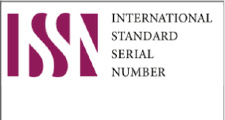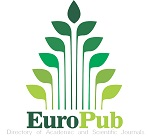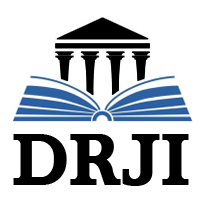An analysis of Methodological Approaches of Juynboll and Harald Motzki in Hadith Scholarship
Abstract
Hadith is an important source of Islamic law and tradition. Hadith literature comprises the sayings and actions of the Prophet Muhammad (S.A.W), which have been recorded and transmitted by His companions and subsequent generations. This research begins by providing a brief introduction to Hadith literature and its significance in Islamic theology and law. It then proceeds to discuss the methodology of two prominent scholars Juynboll and Motzki, both of whom are well-known for their contributions to the critical analysis of Hadith literature. Their methodology has influenced contemporary scholarship in the field. Motzki focuses on the historical context in which Ahadiths were transmitted. He paid close attention to the biography of the narrators, examining their social, political, and religious affiliations to determine their potential biases or motives for transmitting a particular Hadith. Juynboll, on the other hand, involves in the examination of the chains of transmission (Isnad) of Hadiths, which provide information about the narrators who transmitted the ahadith and narrators reliability. He also analyzed the matn (text) of the ahadith, looking for discrepancies or contradictions that may indicate that the hadith is not authentic. This research analyzes their approaches to Hadith authentication, transmission, and textual criticism, and assesses their impact on the understanding of the Hadith as a historical source. It also evaluates the strengths and weaknesses of their methodology and explores the implications of their work for the broader field of Islamic studies.























